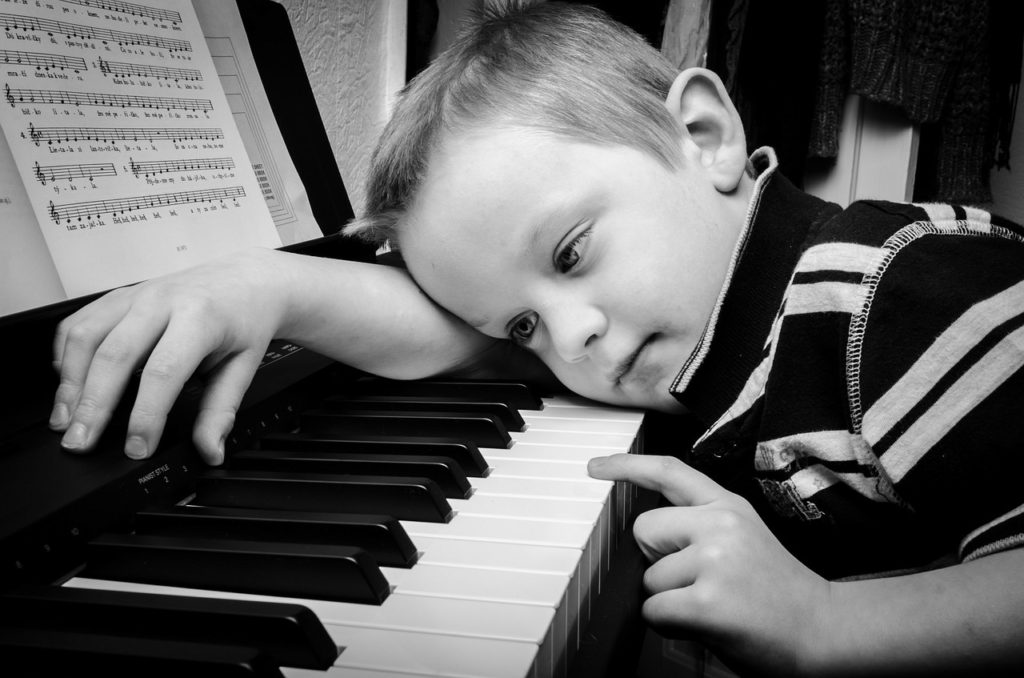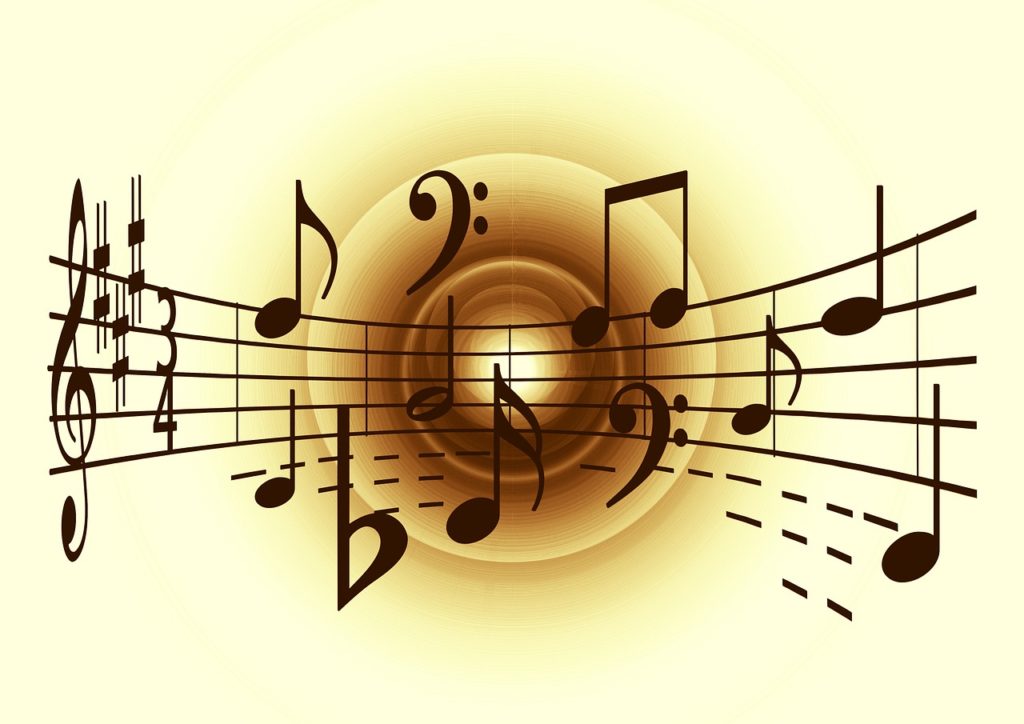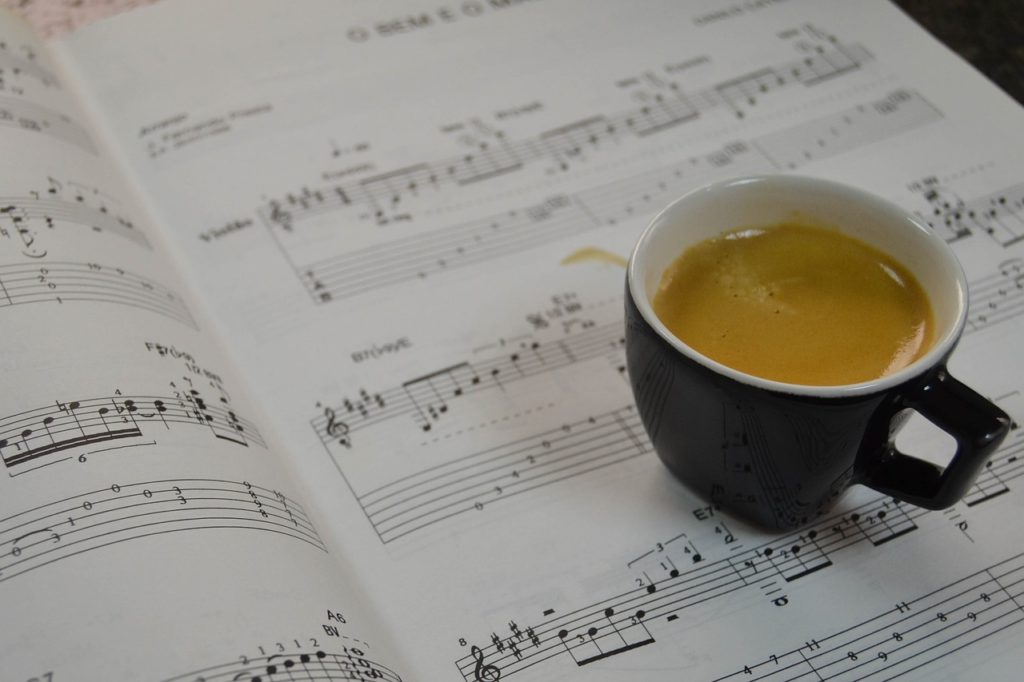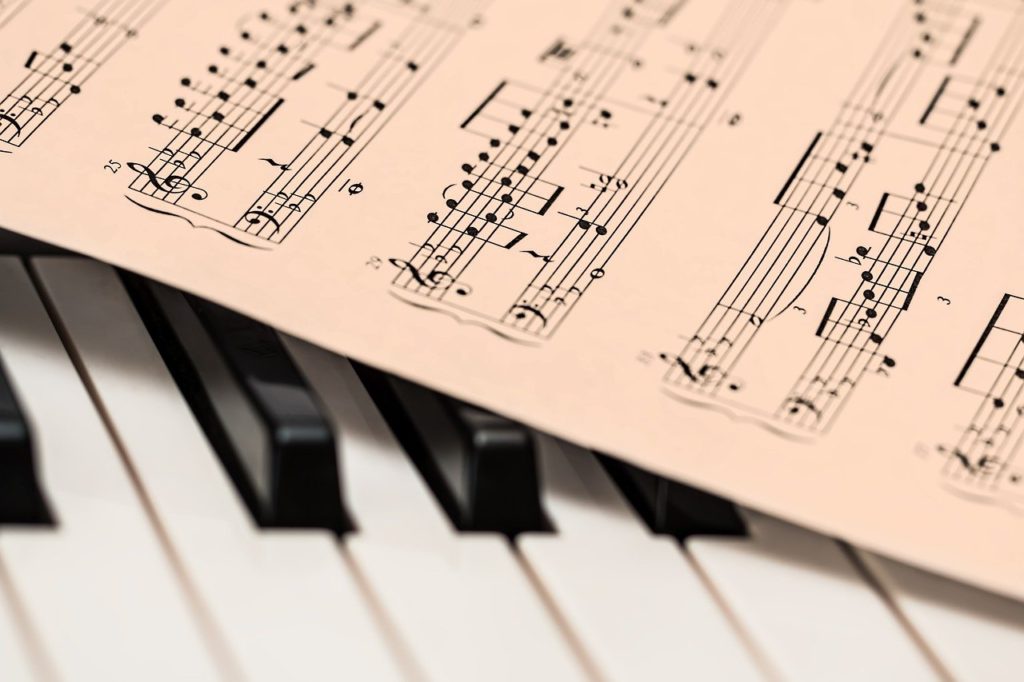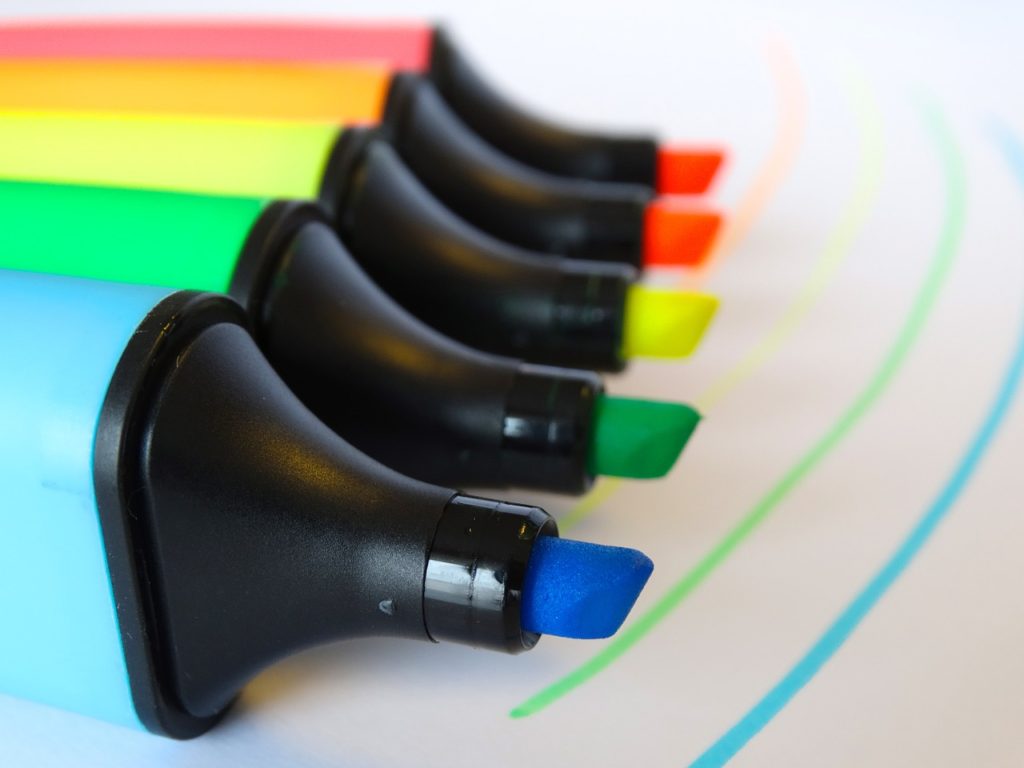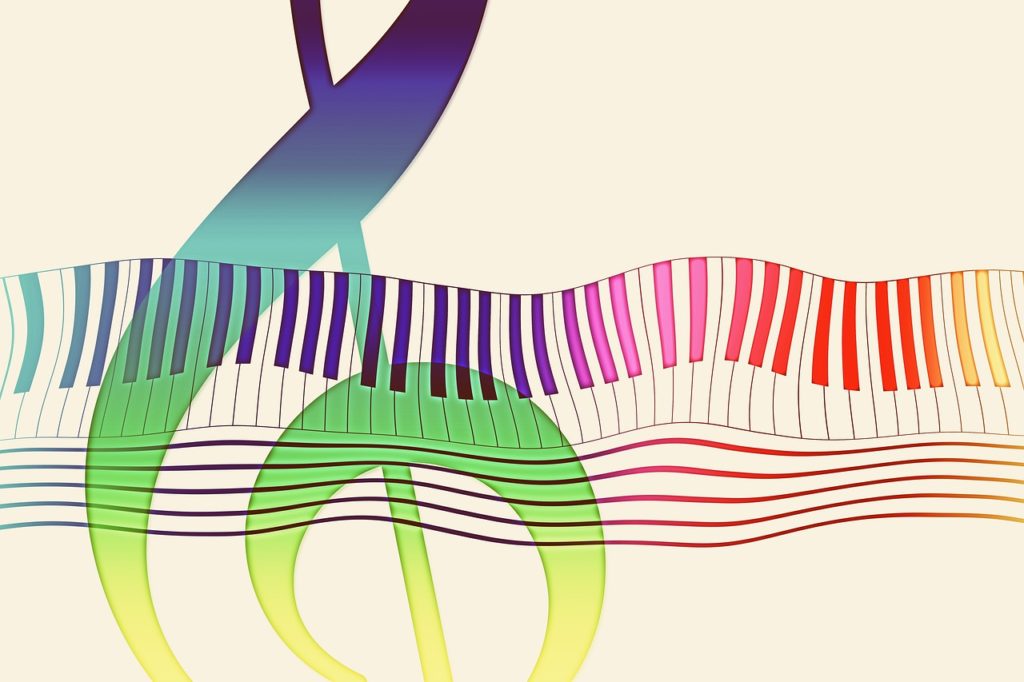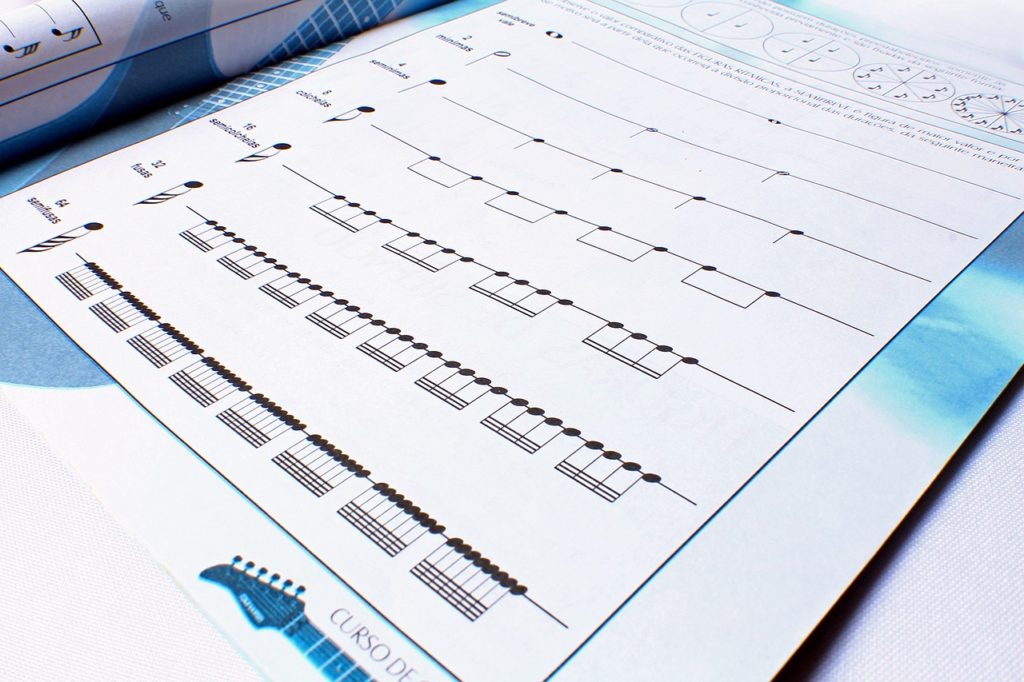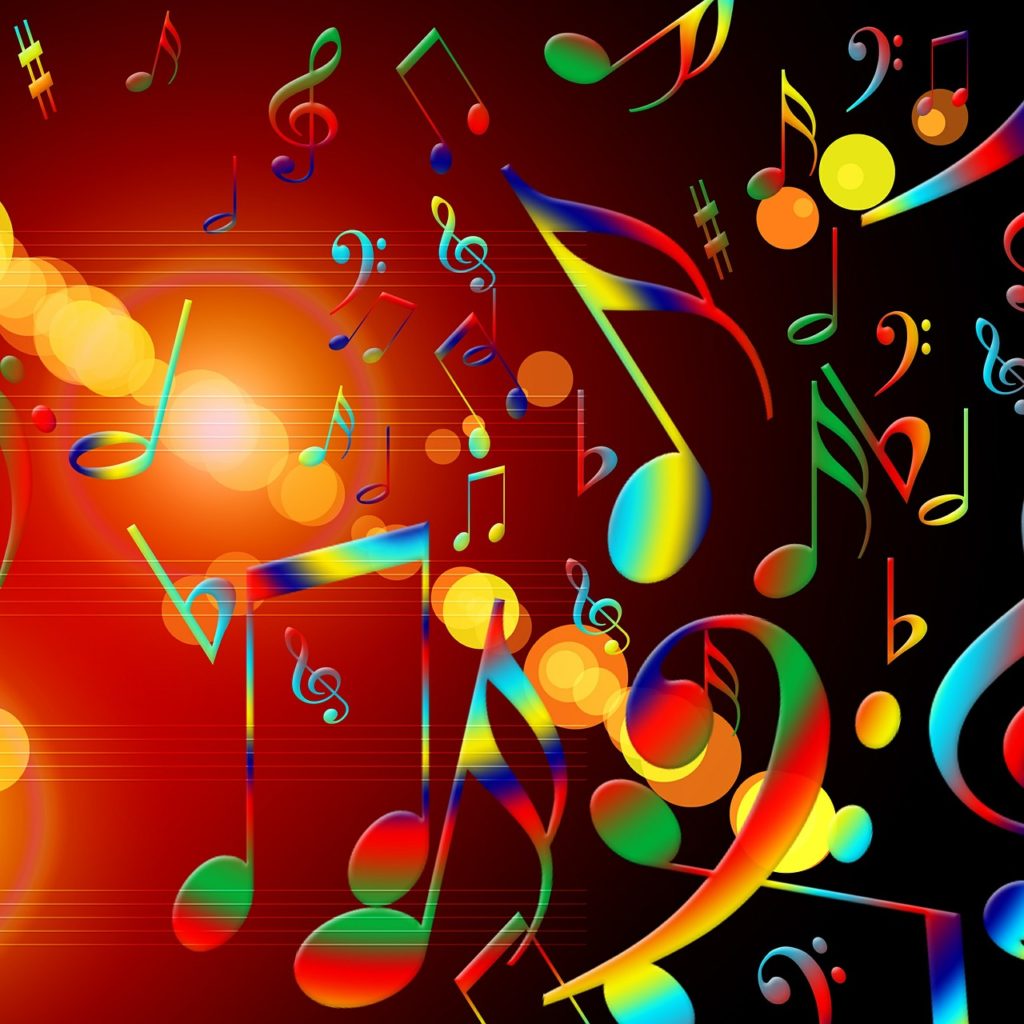ASD

ASD
What is ASD?
ASD stands for Autistic Spectrum Disorder. It acknowledges that there is a great range for people with autism, thus the word spectrum.
People on the autistic spectrum can be as varied as typical leaners. I specialize in students with ASD, LD, ADHD, and special needs. A few examples from my students will give you an idea of how extreme the ends of the spectrum can be.
Examples of ASD from My Students
One of my students is gifted. He learned to read words as he followed along as his grandparents read him stories when he was a toddler. His sight reading is excellent. He is in college now but does two one-hour lessons online per week just because he loves it.
He is currently learning a piano masterwork composition and also is learning how to comp chords from lead sheets. He’s not even a music major. His biggest challenges are organizing his schedule, socializing, and sticking to tasks.
I had another student who studied four instruments with me (piano, guitar, trumpet, and bass guitar) and earned the George Revelas Award for Music Excellence. He did not have learning issues except that anxiety would inhibit his ability to learn.
Another ASD student has about a 100-word vocabulary. Yet, he can play intermediate level piano. He needs a lot of color coding though.
Likewise, another student with a limited vocabulary also needs a ton of color coding. In addition, I do more hand-over-hand work with him than I do for most students. (If you do hand-over-hand work, make sure you ask if it’s okay before touching the student.) For him, I have to custom write his songs.
Most kids and adults with ASD fall somewhere in between, so it’s all about getting to know the student.
ASD and Learning
Not all students with ASD have issues with learning. However, if your child or student struggles with reading music, try these links:
See the posts below for full descriptions.
– Geoffrey Keith
© 2022 Geoffrey Keith
Back to the Successful Music Student Blogs page


